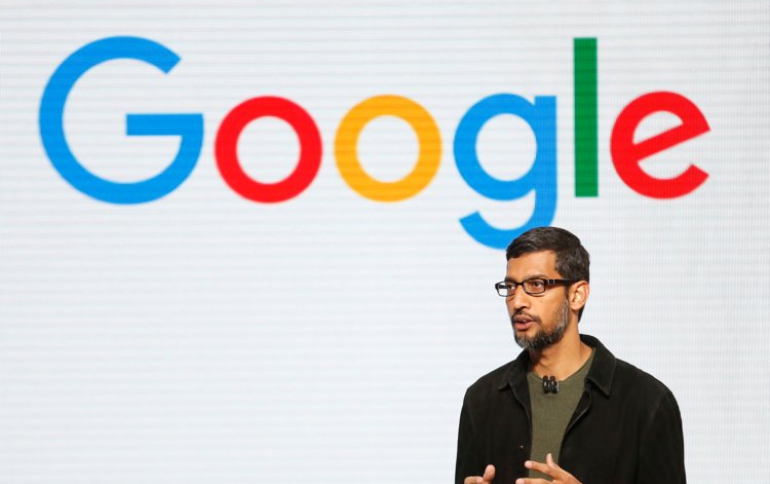
Supreme Court Lets Fair Use Ruling Stand in Google Books Litigation
The Google Books case is over after a decade of litigation,, as the U.S. Supreme Court on Monday declined to hear a challenge by a group of authors who contend that Google's effort to scan books for an online library violates copyright law. Last fall, the Second Circuit issued a long-anticipated ruling soundly rejecting the Authors Guild’s claim that the Google Books Project infringes copyright. The Authors Guild asked the Supreme Court to review that ruling, and today the Supreme Court said no. That decision means the Guild has run out of options, at least in the courts.
Judge Pierre Leval observed in the Second Circuit ruling that the Authors’ Guild tried to overturn, fair use promotes "copyright’s very purpose":
The ultimate goal of copyright is to expand public knowledge and understanding, which copyright seeks to achieve by giving potential creators exclusive control over copying of their works, thus giving them a financial incentive to create informative, intellectually enriching works for public consumption . . . Thus, while authors are undoubtedly important intended beneficiaries of copyright, the ultimate, primary intended beneficiary is the public, whose access to knowledge copyright seeks to advance by providing rewards for authorship.
Google argued that the effort would actually boost book sales by making it easier for readers to find works, while introducing them to books they might not otherwise have seen.
Google Books allows users to search the content of the books and displays excerpts that show the relevant search results.




















